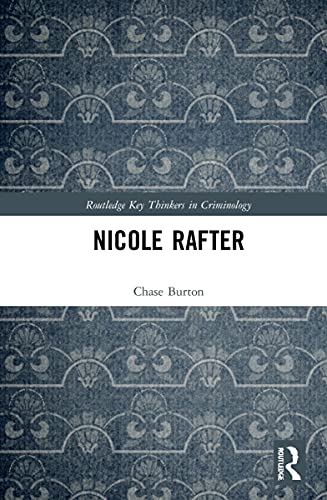

Most ebook files are in PDF format, so you can easily read them using various software such as Foxit Reader or directly on the Google Chrome browser.
Some ebook files are released by publishers in other formats such as .awz, .mobi, .epub, .fb2, etc. You may need to install specific software to read these formats on mobile/PC, such as Calibre.
Please read the tutorial at this link. https://ebooknice.com/page/post?id=faq
We offer FREE conversion to the popular formats you request; however, this may take some time. Therefore, right after payment, please email us, and we will try to provide the service as quickly as possible.
For some exceptional file formats or broken links (if any), please refrain from opening any disputes. Instead, email us first, and we will try to assist within a maximum of 6 hours.
EbookNice Team

Status:
Available4.7
24 reviewsThis book is a critical summary and exegesis of the work of Nicole Rafter, who was a leading scholar of the history of biological theories of crime causation as well as a profound theorist of the role of history within criminology. It introduces Rafter’s key works and assesses her contributions to the fields of feminist criminology, cultural criminology, visual criminology and historical criminology. It also explores her theorization of criminology’s identity, scientific status, and possible futures.
While many books on criminological theory explain and historically contextualize theory, they do not interrogate the production of theory or the epistemological assumptions behind it. Drawing on the world of Nicole Rafter, this book offers an accessible handbook to her extensive historical studies and to how her work demonstrated the importance of historical theory to criminological knowledge. Furthermore, the author brings Rafter’s historical research to life and shows how it speaks to contemporary issues in criminology and punishment.
Written in a clear and direct style, this book will appeal to students and scholars of criminological theory, intellectual history, sociology, comparative criminology, and feminist criminology.